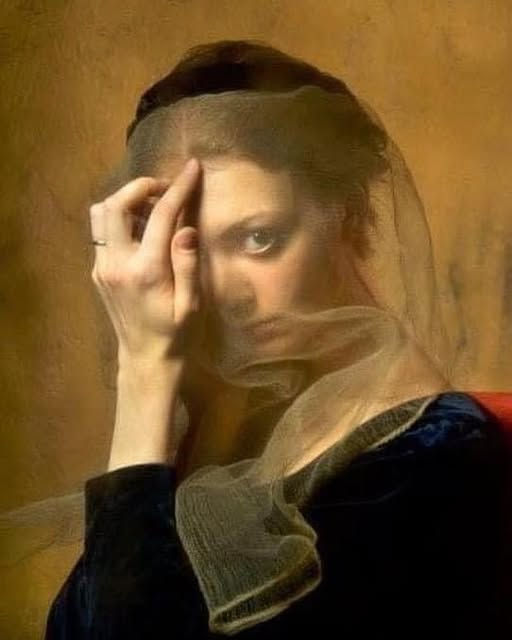As Light as a Feather
- smcculley
- Mar 28, 2024
- 2 min read
As Light as a Feather
From our friend, Charles R.
The negative emotion of judgment, often accompanied with irritation, prevents us from seeing ours and other's mechanicality. The classical invocation from St. Matthew, ‘Judge not, that ye be not judged. For with what judgment ye judge, ye shall be judged: and with what measure ye mete, it shall be measured to you again.' is the perfect formulation of what happens when judgment occurs. We observe a seeming weakness, or strength for that matter, in others, yet fail to see the same in ourselves. The reverse of this is true as well. We make a mistake or gaffe, and judge ourselves for a mechanicality that, given our body type, center of gravity, etc, is inevitable. Yet we fail to observe it as the lower self and say ‘I’. Thus as we have judged the lower self in others, so are we ourselves judged by our own lower self.
This afternoon I encountered a friend warming up his lunch under the broiler. His food was in a styrofoam container. The first i that occurred was ‘He’s nuts!’ But then I remembered that his body type is solar. Chief feature for the solar type is naiveté. ‘Nuts’ and ‘stupid’ are judgements. Perceiving instead his action as naïve and remembering that neither of us possess a permanent principle of higher consciousness, a subjective opinion was replaced with a more objective observation. After I mentioned to him that he’d melt the container into his food, we both laughed. He laughed because once again, he observed that he was subject to his mechanics, and I laughed because his attitude towards himself was as light as a feather, rather than onerous self-deprecation.
The expression ‘As light as a feather’ is not as frivolous or as glib as we might believe, and may have been coined a thousand years before the Christian tradition. Rather than a final reckoning, (which is one perspective) the image of the Weighing of the Heart against the Feather of Truth, may be seen as a portrayal of our attitude towards others and ourselves. Rather than a static snapshot of a soul’s final reckoning, it depicts each moment wherein the choice of attitude is presented. The more self-awareness we possess in any given moment so the feather of truth, the third state, outweighs imagination and identification and the ensuing judgment these two produce.
We work to the best of our ability. To live in a state of non-judgement means we would be awake, that is, we would operate from higher centers where ‘good’ and ‘bad’, ‘yes’ and ‘no’ and so on, do not exist. Because higher centers are not a permanent state for us, we have to practice recognizing judgment and stop it so that we are prepared to experience higher states without the lower self impinging upon them.
The senses do not deceive us, but the judgment does. ~ Johan Wolfgang von Goethe
Image: The Weighing of the Heart against Maats Feather of Truth, from the Book of the Dead of the Royal Scribe Hunefer, New Kingdom, c.1275 BC (papyrus)









Comments